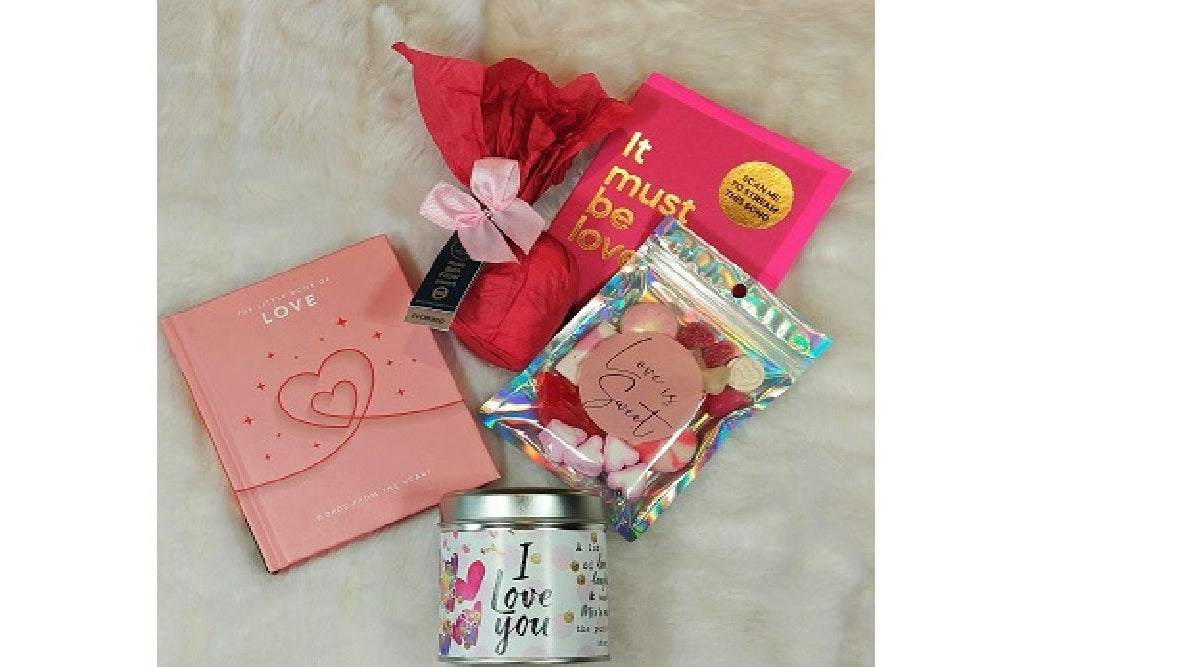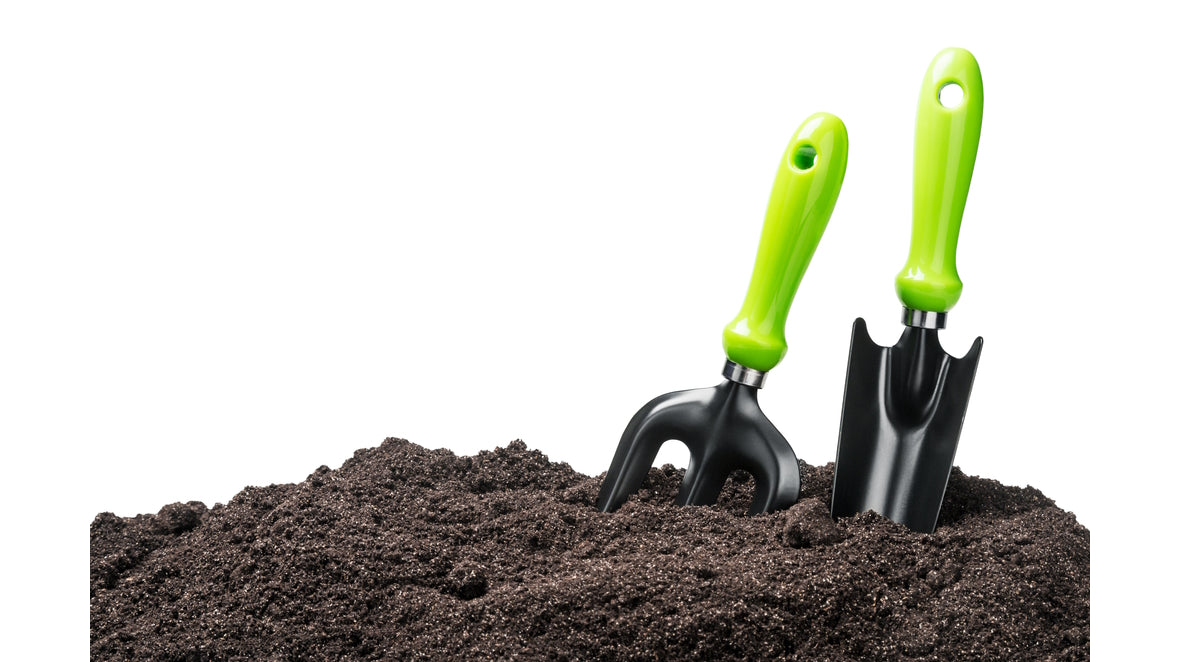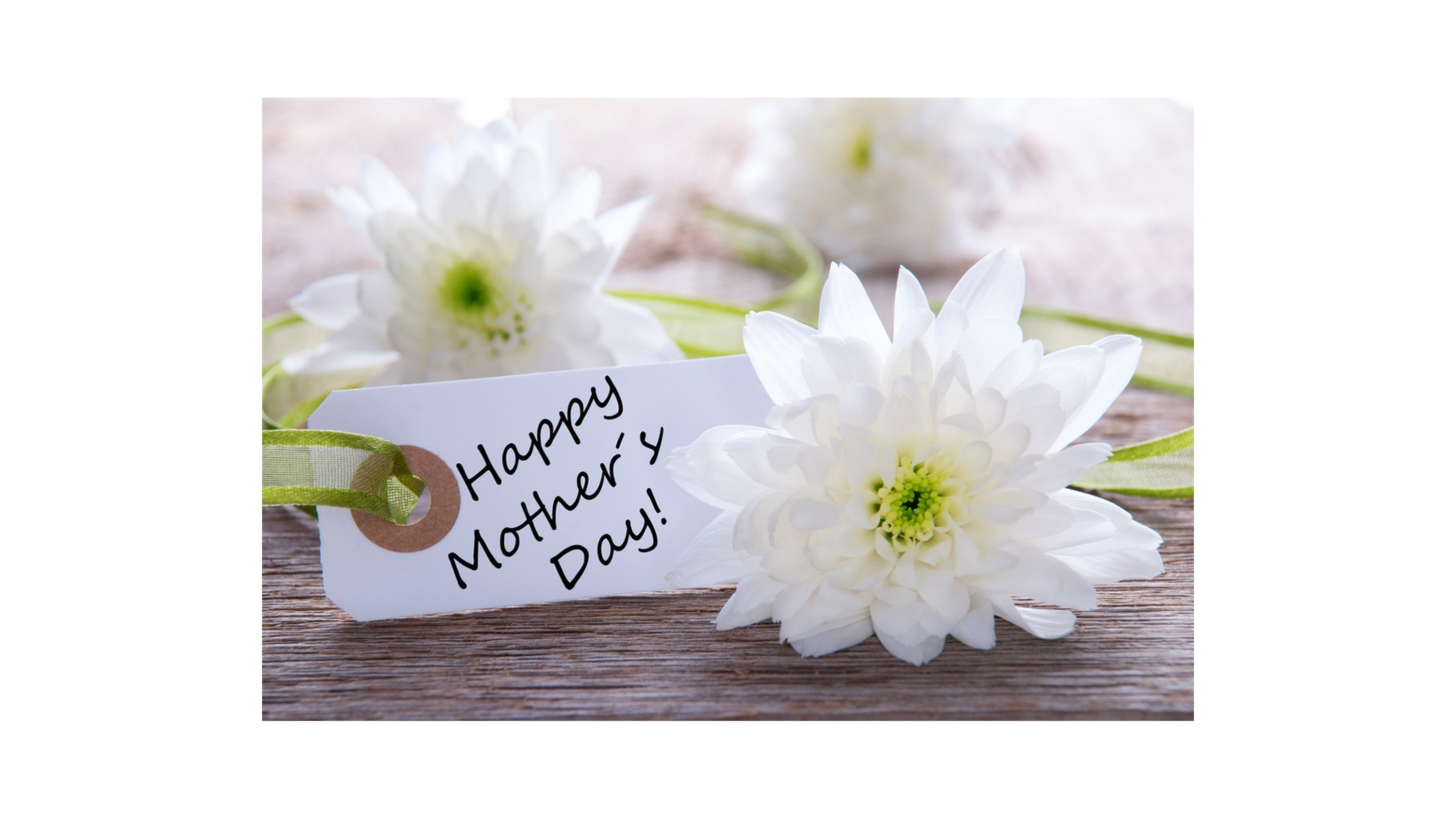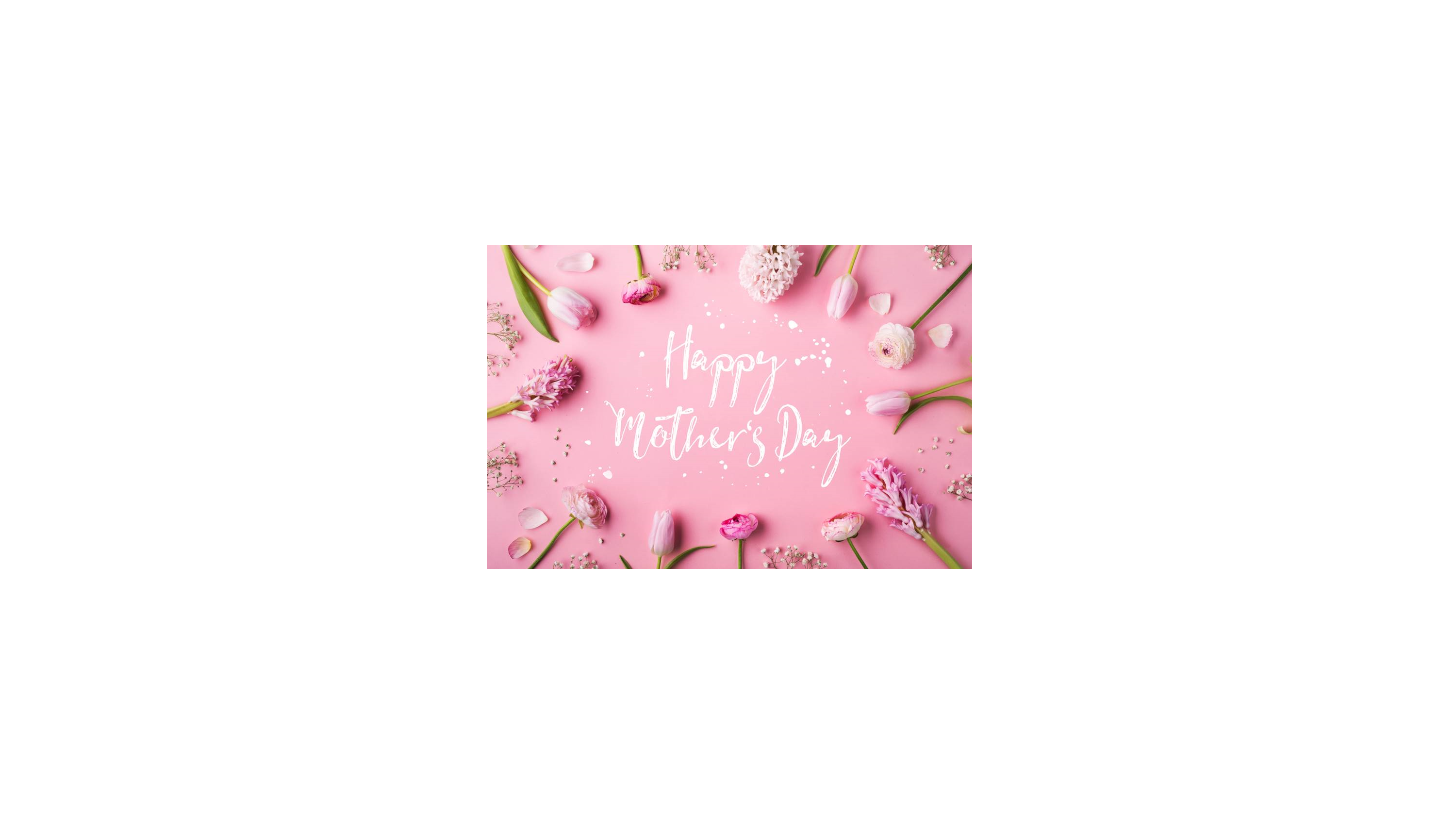Blog
Celebrating the Women in Our Lives this Mother's Day
Tips and Blogs for Expectant and New Parents.
Practically from conception to empty nest syndrome it’s all on the net and from experts and those with first-hand experience. Check out these for starters.
The Benefits of Choosing a Pre-Curated Gift from Ooh-Box
In today’s fast-paced world, finding the perfect gift can be a stressful and time-consuming task. Whether you’re juggling work commitments, family responsibilities, or simply struggling to come up with the right idea, choosing a pre-curated gift can be the ideal solution. At Ooh-Box.co.uk, we specialise in beautifully curated gift boxes that take the hassle out of gifting, ensuring that your loved ones receive a thoughtful and high-quality present every time.





